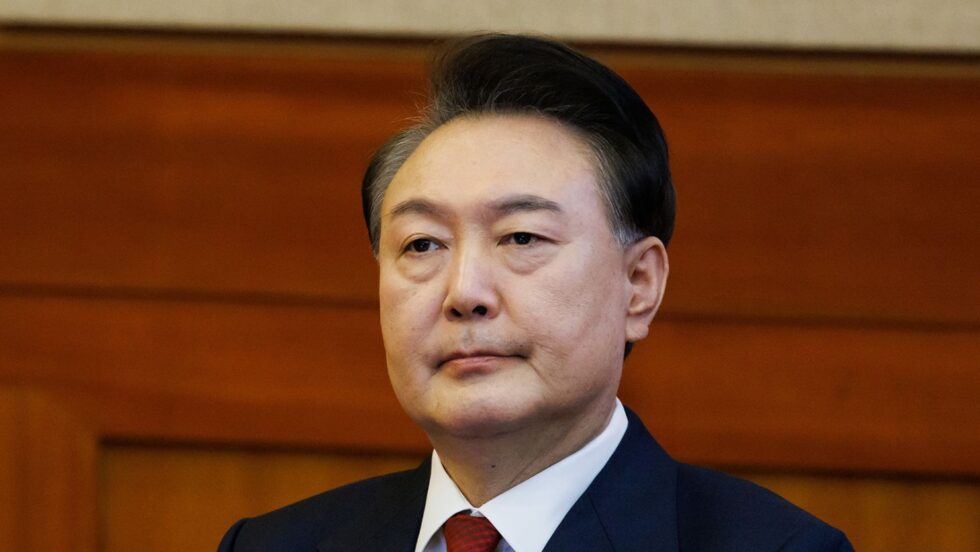
South Korea’s highest court has removed embattled President Yoon Suk Yeol from office, ending months of uncertainty and legal wrangling after he briefly declared martial law in December and plunged the nation into political turmoil.
The court’s decision on Friday marks Yoon’s formal dismissal from the presidency after parliament voted to impeach him late last year. His removal takes effect immediately, meaning he must now leave the presidential residence, and will trigger an election to replace him.
It’s a remarkable fall from grace for the former prosecutor-turned-politician, who rose to prominence for his role in the impeachment and imprisonment of another president years ago – only to now meet the same fate.
The decision caps a long-running crisis has left a major global economy and key US ally rudderless at a fraught moment in world affairs, especially as US President Donald Trump’s “America First” agenda upends decades of foreign policy norms and dismantles the global trading system.
Friday’s unanimous ruling, delivered by the Constitutional Court’s eight justices, described the president’s actions as a “grave betrayal of the people’s trust.”
In a scathing rebuke, the court’s acting head judge Moon Hyung-bae, pointed to the chaotic night of December 3, when the president sent troops to parliament and ordered soldiers to “drag out” lawmakers, noting that such actions “cannot be justified.” There was no national emergency, said Moon, and such a decree was simply unconstitutional.
Yoon thanked his supporters, saying it was an honor to serve as leader and that he was “sorry for not being able to meet your expectations,” following Friday’s ruling, which was met with mixed reactions across the South Korean capital.
Yoon’s opponents exploded in celebration and jubilation outside the court, waving flags and dancing to music. Many had been afraid that if he were reinstated, he could declare martial law again.
But the mood was more still and somber outside Yoon’s official residence where his conservative supporters had gathered. A representative from his ruling party said they would accept the verdict and serve the people.
The issue has been hugely divisive, with major crowds taking to the streets both for and against Yoon’s removal. Police ramped up security in the capital ahead of the verdict, setting up barriers and checkpoints, and warning against any violence.
Yoon’s shock martial law decree had stunned the world, even shocking his own supporters and party members – with many saying that the arrival of armed troops in parliament dredged up painful memories of South Korea’s authoritarian past before it became a flourishing democracy.
Yoon made the declaration in a surprise late-night address on television, claiming it was justified by political deadlock and threats from “anti-state forces” sympathetic to North Korea. A panicked flurry ensued, with angry protesters flocking to parliament in the dead of night as lawmakers pushed past soldiers to convene an emergency vote.
They were met with troops at the building, with dramatic videos showing lawmakers jumping over parliament gates to enter the area. Their determination paid off; by midnight, enough lawmakers had voted to overturn Yoon’s decree and block martial law.
In the end, the decree only lasted six hours. By dawn, Yoon reversed the declaration, beginning four months of political disarray during which parliament also voted to impeach the prime minister and acting president.





